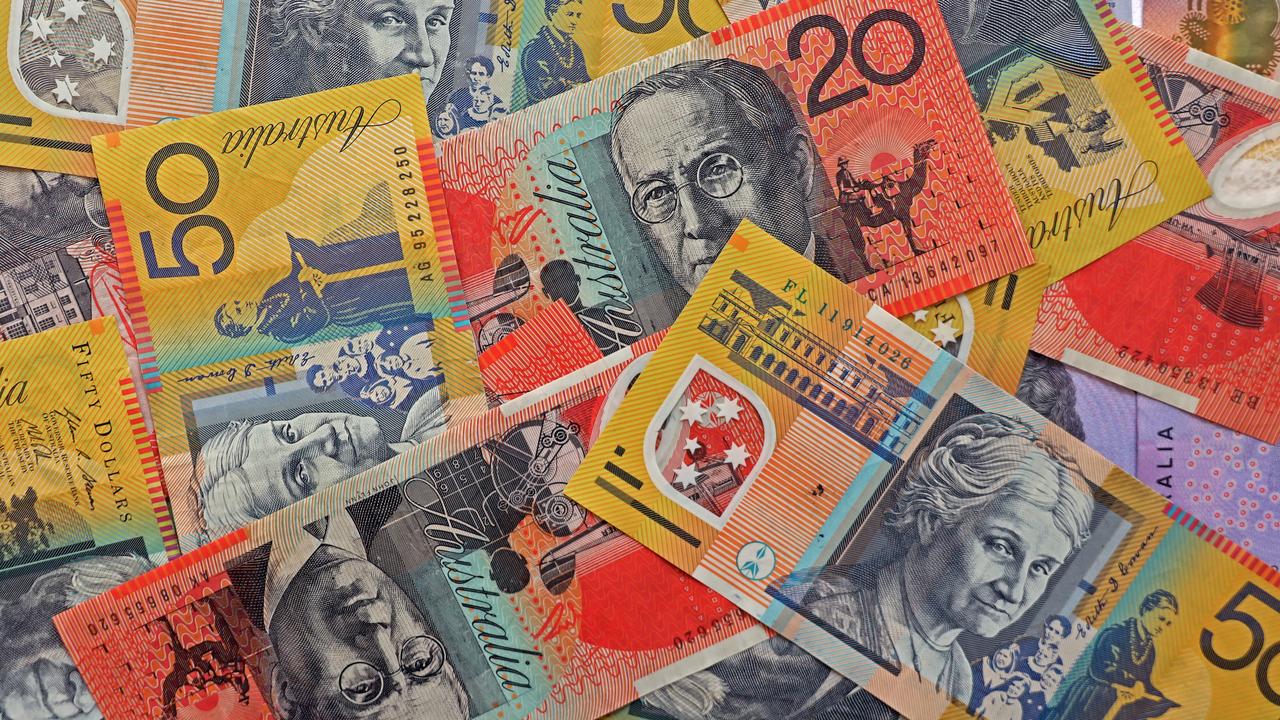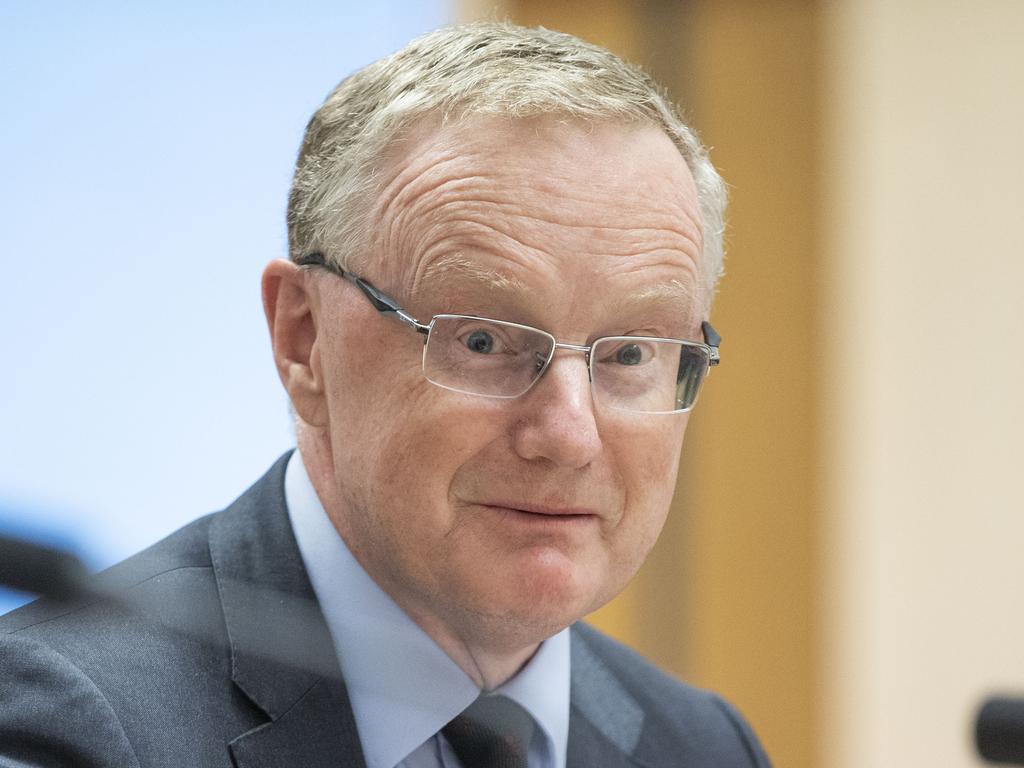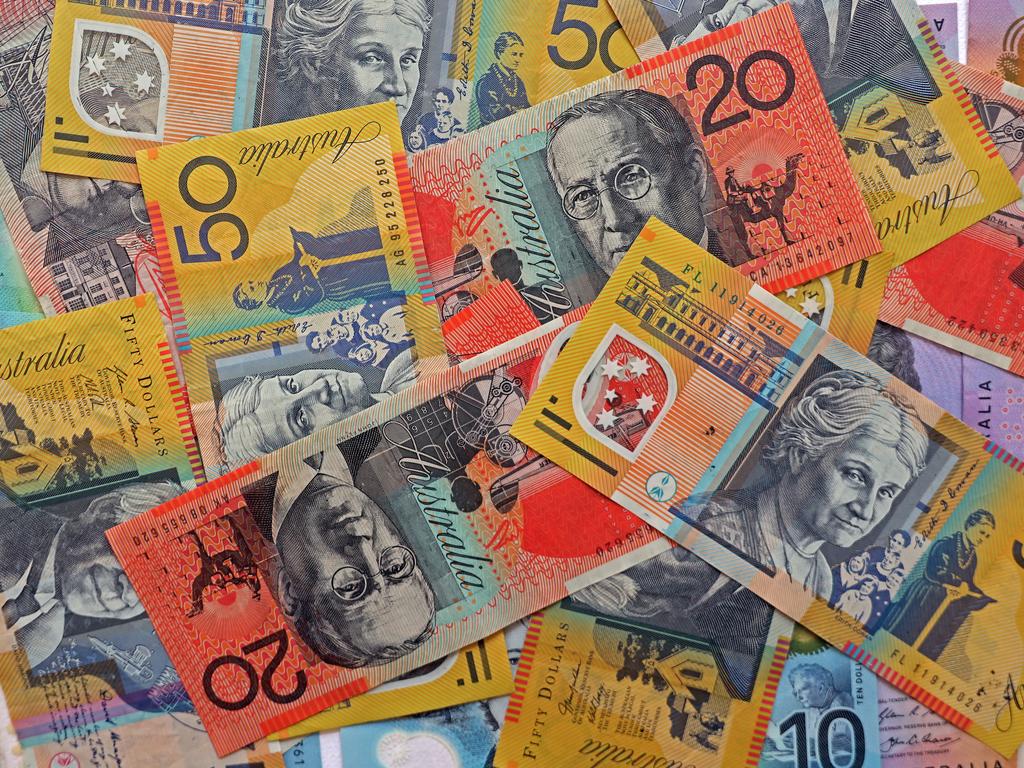Reserve Bank signals more rates pain in months ahead
After nine rate rises in the past 12 months, the Reserve Bank has told Australians what they can expect next.

Australians can expect more interest rate hikes in the coming months as the Reserve Bank says it will do “what is necessary” to drive down inflation.
In its quarterly statement on monetary policy, released on Friday, the central bank said it remained “resolute” in its determination to return inflation to its target range of between 2 and 3 per cent.
Inflation in Australia is sitting at 7.8 per cent, its highest level since 1990.
The RBA raised the cash rate by a further 25 basis points to 3.35 per cent on Tuesday in its ninth consecutive rate hike since May last year.
And the bank has now indicated it expects to raise interest rates at least twice more as it tries to dampen inflation by cooling consumer spending.

The bank said on Friday its board was mindful a considerable adjustment to interest rates had already been made and acknowledged some households were struggling.
“Some households have substantial savings buffers or are benefiting from the tight labour market and faster wages growth,” it said.
“Others, though, are experiencing a painful squeeze on their budgets due to higher interest rates and the rising cost of living.”
Nevertheless, the bank said it was of the view it was better to deal with high inflation now to try to ensure the economic pain felt by Australians was only temporary.
“If high inflation were to become entrenched in people’s expectations, it would be very costly to reduce later,” it said.
“The board expects that further increases in interest rates will be needed to ensure that the current period of high inflation is only temporary.”

The bank offered a glimmer of hope, saying inflation was likely to have peaked around the end of 2022 — in line with the federal government’s forecasts.
The RBA said it expected inflation return to the target range “over the coming years”, with the consumer price index forecast to drop to 4.75 per cent over 2023 and to around 3 per cent by mid-2025.
The bank said it would be paying close attention to developments in the global economy, trends in household spending and the outlook for inflation and the labour market.
But it said there were still “considerable uncertainties” surrounding the outlook and therefore around the level of interest rates needed to achieve the board’s objectives, suggesting it hasn’t settled on a peak for its cash rate target.
The cash rate set by the RBA guides the amount of interest banks have to pay on the money they borrow from one another, which lenders then pass on to customers by raising or decreasing their own interest rates on mortgages and other loans.
In its statement on Friday, the central bank also gave some insight into its decision to raise the cash rate to 3.35 per cent earlier in the week, saying it was expecting near-term underlying inflation to be higher than previously thought.
The bank has revised its expected annual trimmed mean inflation in June 2023 upwards from 5.5 per cent to 6.25 per cent.
The RBA now expects trimmed mean inflation to end the year at 4.25 per cent, up from 3.75 per cent it was forecasting just three months ago.
Trimmed mean inflation — or underlying inflation — differs from the more widely-publicised consumer price index (CPI) in that it excludes some of the more volatile price movements.
The CPI reached an annual rate of 7.8 per cent in the December quarter, its highest in 32 years
Read related topics:Reserve Bank



